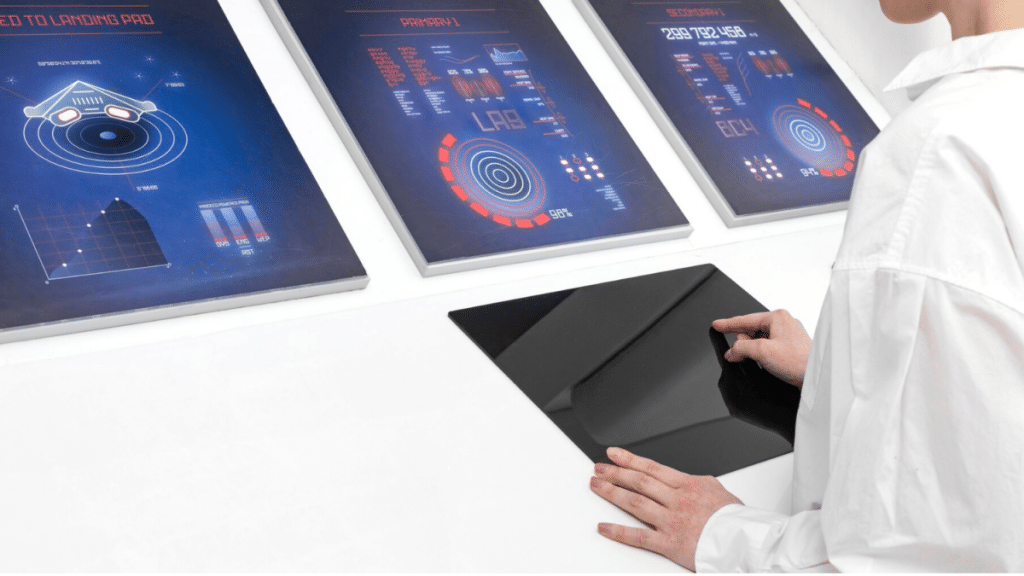The world of scientific research is constantly changing. New technologies and platforms are transforming the way research is conducted, shared and analyzed. This evolution has a direct impact on the efficiency, accuracy and speed with which you can work as a researcher. Let’s take a look at how these changes are taking shape and what they mean for the future of research.
The rise of digital research platforms
Not long ago, libraries, physical archives, and laboratory notebooks were the primary sources for research data. Nowadays you have access to a wealth of information via digital platforms. Websites such as my-researchmanager.com provide a central place to manage research projects and collaborate with colleagues around the world. This digital transformation has fundamentally changed the way you do research.
Big data and analysis
With the advent of big data, the possibilities for research have grown exponentially. You can now analyze massive data sets to discover patterns and trends that were previously invisible. Advanced analytical tools, often integrated into research platforms, enable you to process complex data and gain new insights. This has led to breakthroughs in fields ranging from genetics to climate science.
Collaboration and communication
The evolution of research technologies has also changed the way you communicate and collaborate. Website make it easy to share documents, collect feedback, and collaborate with researchers around the world. This has opened the doors to multidisciplinary projects and international collaborations, which is essential in an increasingly connected world.
Open access and democracy of knowledge
Another important development is the movement towards open access, where research results are freely available to anyone with internet access. This principle supports the democracy of knowledge, allowing you to not only share your own research, but also build on the work of others. This has accelerated the spread of knowledge and increased the impact of research.
Future prospects
The future of research technologies promises even greater integration of artificial intelligence, machine learning and other advanced technologies. These tools will help you test hypotheses, conduct experiments and draw conclusions even faster and more accurately.
